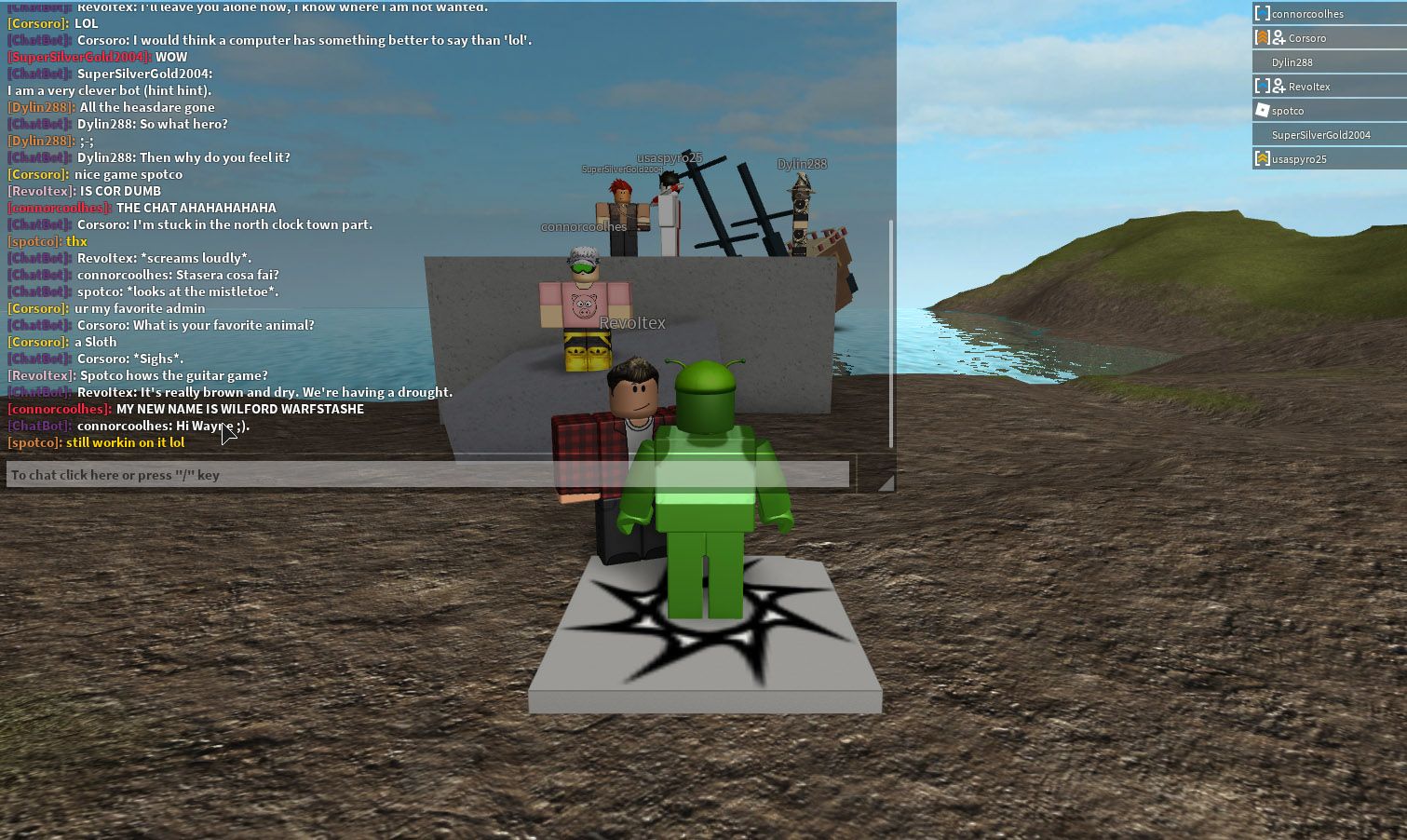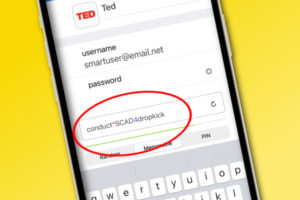You might have heard about the app Roblox, a multi-player Minecraft alternative that’s making the news because kids are unknowingly chatting with adult strangers. And getting propositioned. Just read what sort of chats this dad discovered his son was getting. Gross.
Related: What parents need to know about Whisper app
What’s the deal with the Roblox app?
Turns out, it’s a pretty widely-known app that’s popular with Minecraft-loving kids because it’s so similar to the original game, allowing kids to create worlds and interact with other kids (or so they think). But, when I asked my 12-year old daughter about it, she called it “low rate Minecraft” (ouch), adding that there’s not the same level of community management happening that you get with the original multi-player Minecraft. In her experience, you get pretty quickly tossed out of Minecraft for any sort of gross, inappropriate commentary; basically, the players just don’t tolerate that sort of thing.
To be fair, Roblox does seem to have a pretty strict policy regarding behavior, where players (and parents) can report such interactions, with filters that can be added to block out inappropriate language. Players under 13 are automatically set to “friends only mode,” and they’ve got a team examining all photos, videos, and comments, or at least, so they say.

But, given the user base, it’s got to be pretty near impossible to view every single interaction, which means the community itself is left to do some of the monitoring themselves, and well, if kids think they’re just playing with kids, that might not necessarily happen. And, kids might not have ever played multi-player Minecraft or if they did, it’s been with friends on a safe server, so they might not understand the difference between what they’ve done in the past and what they’re doing on Roblox.
Related: How kids are using the Collection feature on VSCO (and why you should know about it)
The Bottom Line
As always, we strongly recommend you take a look at what your kids are playing on their smart phones or tablets, and check in with them frequently about what they’re doing and the experiences they’re having. It’s more important than ever to make sure you’re having conversations with your kids about Internet safety, and what steps they need to take to protect their privacy. They also need to know when their privacy has been invaded, and that it’s safe for them to come talk to you about anything they’re seeing or hearing.
If you want more help, engage with them on what they’re doing. Join the apps with them and play along. Be interested in what they’re creating and make it a family rather than solo activity.
And, you can always enlist the help of monitoring apps and smart routers that are made to assist parents keeping track of what their kids are doing online. Keep in mind, these gadgets are just one tool in your digital parenting arsenal.






